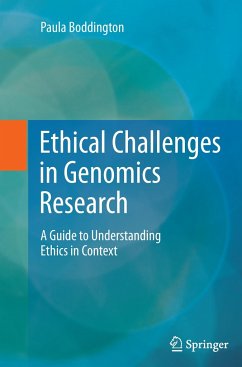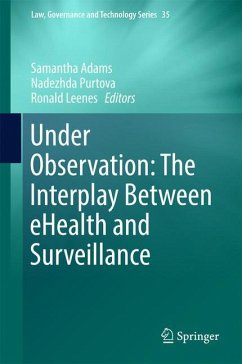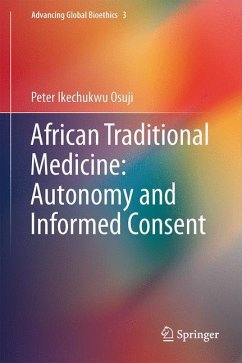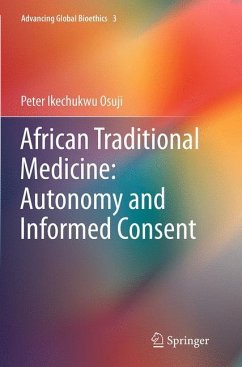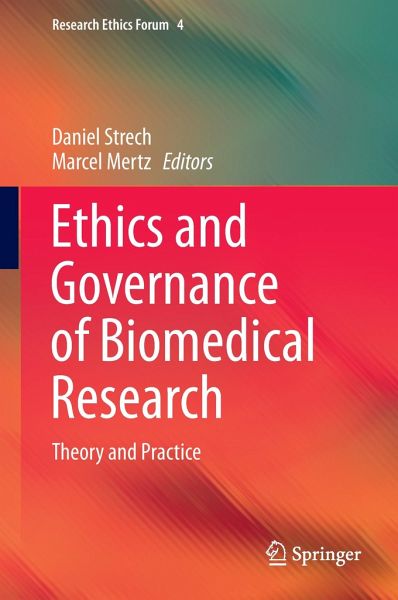
Ethics and Governance of Biomedical Research
Theory and Practice
Herausgegeben: Strech, Daniel; Mertz, Marcel

PAYBACK Punkte
19 °P sammeln!
In this book,scholars with different disciplinary and national backgrounds argue forpossible answers and analyse case studies on current issues of governance inbiomedical research. These issues comprise among others the research-caredistinction, risk evaluation in early human trials, handling of incidentalfindings, nocebo effects, cluster randomized trials, publication bias, orconsent in biobank research. This book demonstrates how new technologies andresearch possibilities multiply or intensify already known governancechallenges, leaving room for ethical analysis and complex moral choices.Cli...
In this book,scholars with different disciplinary and national backgrounds argue forpossible answers and analyse case studies on current issues of governance inbiomedical research. These issues comprise among others the research-caredistinction, risk evaluation in early human trials, handling of incidentalfindings, nocebo effects, cluster randomized trials, publication bias, orconsent in biobank research. This book demonstrates how new technologies andresearch possibilities multiply or intensify already known governancechallenges, leaving room for ethical analysis and complex moral choices.Clinical researchers, research ethics committee members and research ethicistshave all to deal with such challenges on a daily basis. While generalreflection on core concepts of research ethics is seldom pointless, thoseconfronted with hard moral choices do need more practical and contextualizedreflection on the said issues. This book particularly provides suchcontextualized reflectionsand aimsto inform all those who study, conduct,regulate, fund, or participate in biomedical research.





